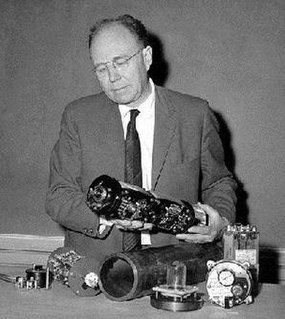A Quote by Jason Biggs
We all approached doing a sequel with great trepidation and skepticism.
Quote Topics
Related Quotes
I think the appropriate kind of skepticism is this: you've got to be asking questions all the time, you've also got to make sure that you're doing so in the spirit of genuinely wanting to find the answers - and that also means being open. I battle with this: I know I tend to be very skeptical and as a result, I veer towards the dismissive. But being aware of the tendency, I like to challenge my own skepticism and make sure it's not just knee-jerk. You need to be skeptical towards yourself as well. When you're only skeptical outwards you've got an unbalanced skepticism.
The idea that the State is capable of solving social problems is now viewed with great skepticism - which foretells a coming change. As soon as skepticism is applied to the State, the State falls, since it fails at everything except increasing its power, and so can only survive on propaganda, which relies on unquestioning faith.
The concept of military necessity is seductively broad, and has a dangerous plasticity. Because they invariably have the visage of overriding importance, there is always a temptation to invoke security "necessities" to justify an encroachment upon civil liberties. For that reason, the military-security argument must be approached with a healthy skepticism.



































